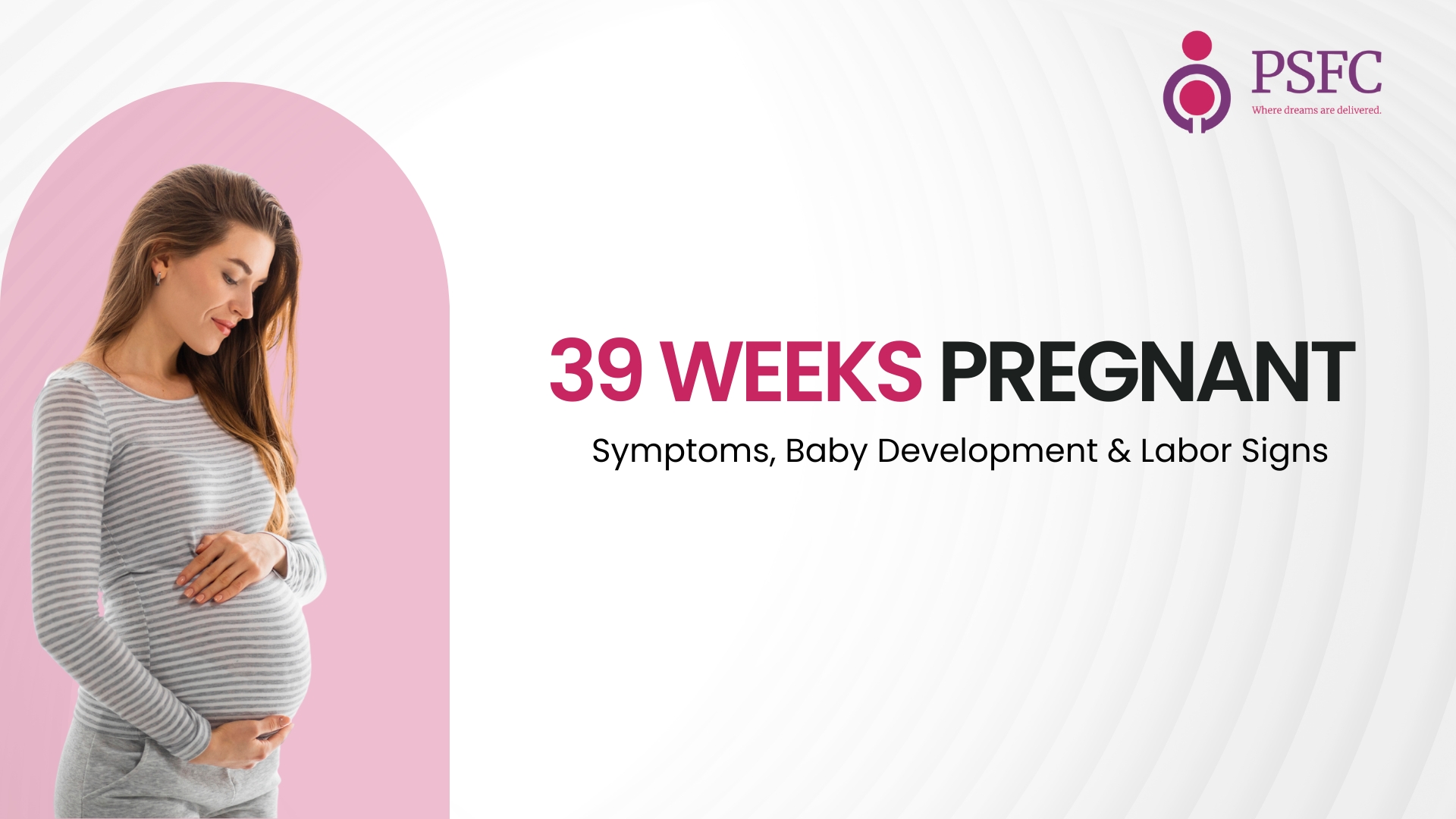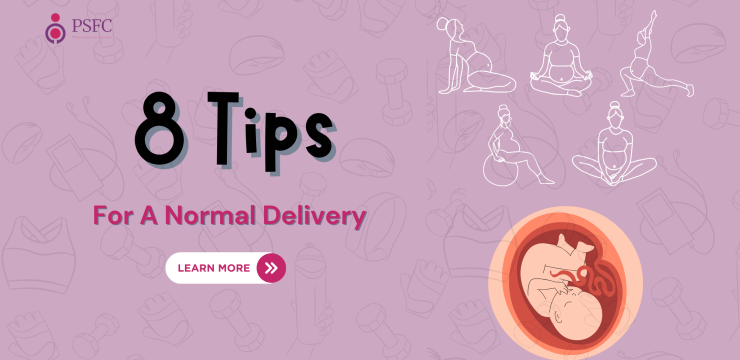Congratulations on reaching 39 weeks pregnant – you’ve reached the end of your journey, and your baby has reached full term gestation, meaning they have fully developed and are ready to join this world!
Labor can be an exciting, restless, and sometimes frustrating process for expecting moms-to-be, as each momentous milestone passes without event. Many expectant mothers may wonder when it will occur or what foods they should eat to prepare themselves. Also important is knowing what signs may indicate it has begun at 39 weeks of gestation.
This comprehensive guide on week 39 pregnancy will walk you through your baby’s development, the changes in your body, labor signs, and what steps can be taken if there has been no sign of labor yet.
Your Baby’s Development at Week 39
By pregnancy week 39, your unborn baby is on track for life outside the womb. Let’s break this down:
Weight: Around 3.2-3.4 kg (7-7.5 lbs).
Length: About 50 cm long. Squamous cells store fat deposits to provide a smooth and plump skin texture.
Organs: Healthy organs, specifically the lungs and brain.
Reflexes: Suction, grasping, and rooting are instinctual behaviors.
Movements: Movement is still active within your womb; however, space may be getting tight.
Your 39 weeks pregnant baby development should have reached full term and could potentially arrive any day now!
Is 39 Weeks Good for Delivery?
Yes! Doctors generally agree that 39 weeks is the optimal gestational age to give birth. At this time, most doctors agree that babies born at this time are the healthiest possible. Babies born during week 39 of pregnancy are considered full term. Premature deliveries tend to experience more difficulties breathing compared to later deliveries. Labor performed at this point is natural and safe. Are You 39 Weeks Pregnant and Worried About Delivery? Rest Assured Your Baby Is Ready
What to Eat at 39 Weeks Pregnant?
Your diet at 39 weeks pregnant plays an essential part in providing energy and stamina for labor. Foods to include are complex carbs like brown rice, oatmeal, and quinoa for steady energy sources.
Lean proteins: Eggs, chicken, fish (cooked ), and legumes.
Fruits & Vegetables: Packed full of vitamins, minerals, and fiber!
Hydrate by drinking lots of water, coconut water, and soup.
Iron and Calcium Sources: Green leafy veggies, dairy products, nuts, and seeds.
Foods to avoid: (Raw or undercooked seafood and meat should always be avoided.
Soft unpasteurized cheeses. Too much caffeine or sweet foods. Eating light yet nutritious meals will help strengthen you during contractions and labor.
The Ultimate Guide to Signs of Labor at 39 Weeks
At 39 weeks pregnant, your body could give signs that labor may be close – some women experience these days before labor begins; for others, it starts suddenly.
Signs of Labor at 39 Weeks:
Regular contractions – Strong and rhythmic contractions that do not stop with rest.
Water Breaking – When fluid suddenly flows over, or steadily pours, in an explosion or steady trickle, that is known as water breaking.
Bloody show – Pink or brown mucus discharge is seen from the Bloody show. Your baby has fallen lower into your pelvis.
Back Pain – Recurrent lower back discomfort.
Loose Stools or Nausea: Signs That It May Be Time for Labor
If you begin experiencing these signs of labor at 39 weeks, contact your physician or head straight for the hospital.
39 Weeks Pregnant White Milky Discharge
Many pregnant women will experience an increase in white milky discharge at 39 weeks. This is normal and helps maintain a clean vagina. As labor approaches, this cost could increase. If it turns watery, green, brown, or emits foul odors – consult with a healthcare provider immediately. Mucus that’s thick with blood could indicate you’ve lost your mucus plug, an indicator that labor could soon arrive.
39 Weeks Pregnant Symptoms Not to Ignore
Some symptoms should be expected at 39 weeks pregnant, but others require immediate medical intervention:
Heavy vaginal bleeding could indicate complications and should be taken seriously. Severe headaches or blurred vision could indicate preeclampsia. Newly swelling hands, feet, or face require immediate evaluation. Sharp abdominal pain – Not typical of regular labor. Reduced baby movements – Contact your physician immediately. Trust your instincts; if something seems off, have it checked immediately.
39 Weeks No Sign of Labour
At 39 weeks pregnant, it can be discouraging not to experience signs of labor yet. But don’t panic, this is very normal! Many women go into labor between 40-41 weeks of gestation. Your due date is only an estimate. Every baby develops at their own unique pace. If no signs of labor appear at 39 weeks, your physician may suggest options such as membrane sweep or induction if your due date passes week 41.
How to Induce Labor at 39 Weeks: Medical & Natural Methods
Are You Eager to Meet Your Baby? | Safe Ways to Encourage Labor
Medical treatments (under doctor supervision only):
Membrane sweep – Separates the amniotic sac from the cervix.
Medication to initiate contractions – Prostaglandins or Pitocin may be given to help initiate labor contractions.
Breaking Water- Artificial rupture of membranes.
Natural remedies (always consult your doctor beforehand):
Walking – Gravity helps children move down.
Nipple stimulation – To release oxytocin and induce contractions.
Semen – Semen contains prostaglandins that may soften the cervix.
Dates can help cervical ripening according to some studies.
Spicy Food or Herbal Tea – While anecdotal, spicy foods or herbal teas have been reported to stimulate contractions for some individuals.
Never self-medicate with castor oil or unproven remedies without first consulting a medical provider; such actions could prove harmful.
As you wrap up week 39, your body is just finishing its preparation for the main event: ovulation. The journey is just beginning, and what happens next is crucial.
Ready to find out about ovulation, fertilization, and the very first signs of development?
Continue to Week 40 Pregnant: Your Next Steps and What to Expect
FAQs About 39 Weeks Pregnant
Is 39 weeks considered full-term gestation?
Absolutely – babies at 39 weeks of gestation are fully developed and safe to deliver without risk.
What are some symptoms associated with being 39 weeks pregnant?
At 39 weeks of gestation, what should my diet include?
Am I pregnant at 39 weeks and showing no sign of labor?
Am I eligible to induce labor naturally at 39 weeks?
Yes. Moderate activities such as walking, sex, and eating dates may help induce labor naturally, but always check with your doctor.





1 Comment
Comments are closed.